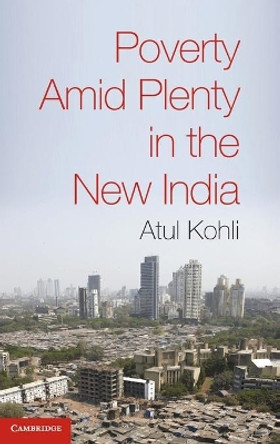How has democracy taken root in India in the face of a low-income economy, widespread poverty, illiteracy, and immense ethnic diversity? Atul Kohli brings together some of the world's leading scholars of Indian politics to consider this intriguing anomaly. They do so by focusing, not so much on socio-economic factors, but rather on the ways in which power is distributed in India. Two processes have guided the negotiation of power conflicts. First, a delicate balance has been struck between the forces of centralization and decentralization and, second, the interests of the powerful in society have been served without excluding those on the margins. These themes are addressed by the editor in his introduction, which is followed by an essay on the historical origins of Indian democracy, and two sections, one on the consolidation of democratic institutions, and the other on the forces which motivate or inhibit democratic growth.
Leading scholars consider how democracy has taken root in India despite poverty, illiteracy and ethnic diversity.Reviews'... this is an important collection of essays ... by some of the most distinguished scholars in the field ... this book is sure to be widely read and cited'. Journal of Commonwealth & Comparative Politics
'This is an essential read not only for the students of India but also those of democracy.' The Journal of Development Studies
Book InformationISBN 9780521805308
Author Atul KohliFormat Paperback
Page Count 316
Imprint Cambridge University PressPublisher Cambridge University Press
Weight(grams) 600g
Dimensions(mm) 227mm * 140mm * 10mm







